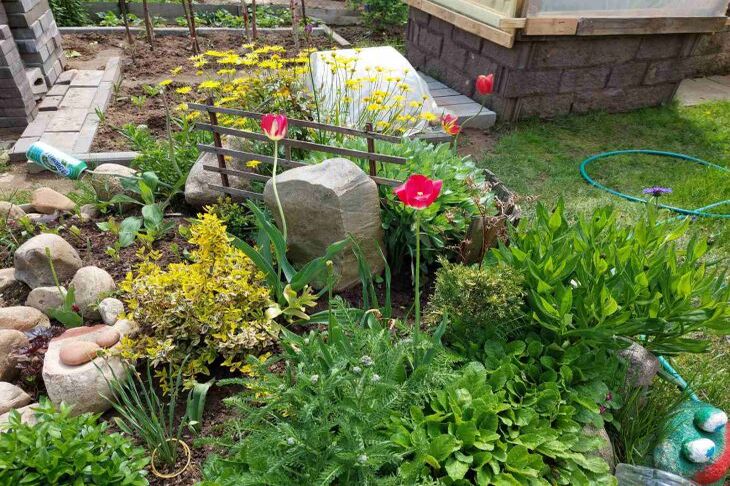Hydrogen peroxide has long been known for its antiseptic properties, but its value in gardening remains a discovery for many.
This substance is a universal assistant, capable of solving many problems, from plant protection to improving soil quality.
Soil disinfection
Soil often becomes a source of plant diseases, especially if the crop was affected by fungi or pests last season.

Hydrogen peroxide helps disinfect the soil and reduce the risk of infection.
To prepare the solution, mix 3% hydrogen peroxide with water in a ratio of 1:10 and water the soil a few days before planting.
Stimulation of seed germination
Soaking seeds in a weak peroxide solution activates their growth, saturating them with oxygen and destroying pathogens.
The seeds are left in the solution for 12–24 hours, after which they can be planted immediately.
This method is especially effective for difficult to germinate crops such as carrots or parsley.
Pest control
Gardeners often face attacks from insects that damage plants and reduce yields.
Spraying with a hydrogen peroxide solution helps repel pests.
To do this, prepare a mixture of 50 milliliters of peroxide and 2 liters of water, adding a little liquid soap for better adhesion to the leaves.
Treatment of fungal diseases
Hydrogen peroxide is indispensable in the fight against fungal infections. Black leg, powdery mildew and other diseases often affect young and weakened plants.
A solution at a concentration of 1:5 can be used to spray infected areas or wipe the stems.
Acceleration of plant growth
Using hydrogen peroxide for watering improves oxygen access to the roots. The root system becomes stronger and the plant develops faster.
For watering, use a solution of 30 milliliters of peroxide and 4 liters of water. It is recommended to repeat the procedure once every two weeks.
Caring for cut flowers
Cut flowers stay fresh longer if you add a few drops of hydrogen peroxide to the water.
This prevents the growth of bacteria that clog the stems and prevent moisture absorption.
Antifungal treatment of greenhouses
High humidity in greenhouses creates ideal conditions for fungi to develop. Treating walls and structures with a hydrogen peroxide solution helps destroy spores.
To do this, mix 100 milliliters of 3% hydrogen peroxide with 5 liters of water and spray onto the surface.
Watering indoor plants
Houseplants can also benefit from the use of peroxide.
Regular watering with a weak solution prevents root rot and improves the quality of the substrate.








